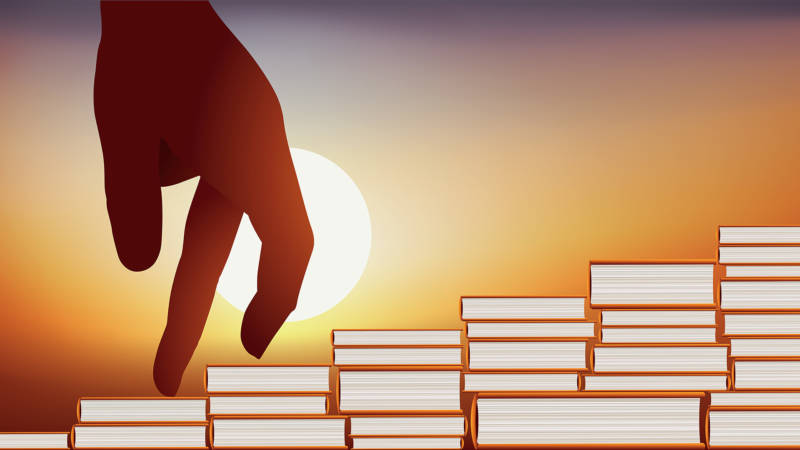As the sand trickles through summer’s hourglass, Labor Day weekend offers one more opportunity this season to spend a few leisurely hours with a book. Here are a few favorites from the KQED Science and Environment team.
Cadillac Desert: The American West and its Disappearing Water By Marc Reisner
Many of California’s cities — San Jose, Los Angeles, Fresno — receive an average of 15 inches of rain a year. That’s the same amount as Casablanca, Morocco. Yet in this arid landscape, California built the world’s fifth-largest economy, home to 40 million people, with America’s largest farming industry, Silicon Valley and Hollywood. All of it exists only because of a massively complex system of dams, canals and water systems that made the desert bloom and also killed spectacular rivers and reshaped nature. “Water flows uphill toward money,” Marc Reisner wrote in this landmark work explaining the history, the bounty and the corruption of the West’s water. Reisner, a Marin County resident who died of cancer in 2000, wrote the book mostly on yellow legal pads at coffee shops. It’s essential reading for anyone who wants to truly understand California’s oldest and most intractable environmental issue. — Paul Rogers, KQED Science managing editor and environment writer, Mercury News
Cloud Atlas By David Mitchell
I personally love an apocalyptic climate story. But because so many of them only see one way to go — down, dark, and depressing — many people I know don’t. That’s why I love to tell them to read Cloud Atlas. Its dazzling structure includes six nested stories-within-stories, each from a different genre. The whole novel takes in different lengths of time: the span of a relationship, or a human life, of a country or a civilization, of the planet itself. By the end of the last story, almost the entire planet is uninhabitable, and that’s what makes it a novel concerned with environmental damage and changing climate. What I take away from it is a feeling of possibility: that even if violence, greed, and barbarism are always present, our ability to reject those things is, continually, renewed. — Molly Peterson, reporter

